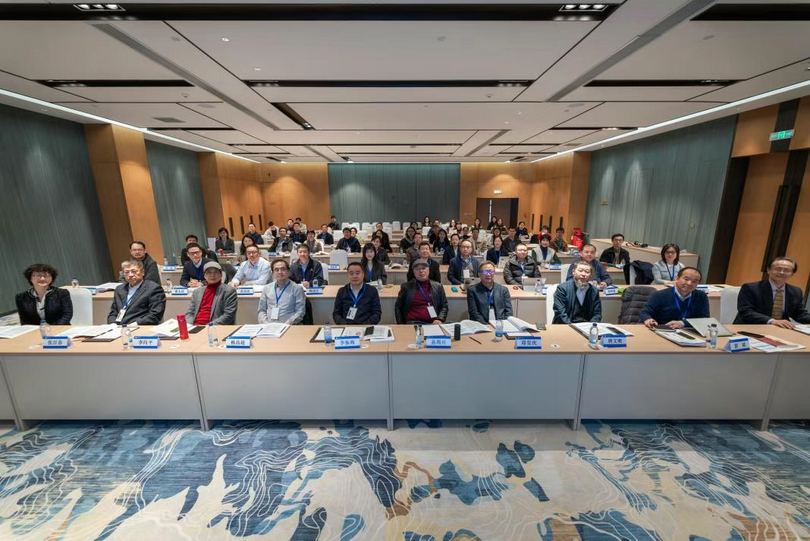On November 15, the "Religion, Ethics, and Intercultural Dialogue—2025 Forum for Young and Middle-Aged Scholars" opened at Northwest University in Xi'an, Shaanxi.
The event was hosted by Northwest University, organized by the School of Philosophy at NWU and the research team of the Major Program of the National Social Science Fund of China "Research on the History of Global Religious Diffusion," and co-organized by Tsinghua University, Fudan University, Sichuan University, and other institutions.
According to the School of Philosophy at Northwest University, in his opening address, Professor Deng Anqing, director of the Center for Global Ethics Studies at Fudan University, offered four insights on global ethical dialogue. First, global ethical dialogue must be grounded in concrete, substantive issues. Second, in a world marked by division and conflict, value-based dialogue is urgently needed to build consensus. In the meantime, the environmental and security challenges brought by technological advances call for the strengthening of rational forces at the global ethical level. Fourth, the foundation of intercultural dialogue lies in establishing public reason—a demanding but vital undertaking.
Professor Tian Haihua of Sichuan University highlighted the Institute of Sino-Christian Studies (ISCS)'s major contributions to the study of Chinese Christianity. She shared that her own academic interest began in the 1990s after reading related scholarship. She noted that the institute has long offered research funding and visiting scholar opportunities for graduate students, playing an important role in nurturing emerging talent in the field.
Professor Tang Wenming, chair of the Department of Philosophy at Tsinghua University, emphasized that religious studies at Tsinghua have consistently focused on ethical and cross-cultural approaches. Using Confucian culture and Christian civilization as examples, he argued that "Confucian-Christian dialogue" is a key lens through which to examine the "East-West question in Chinese philosophy." He added that Confucianism achieved self-renewal through its engagement with Buddhism and that Christianity, when developed within the Chinese context, can likewise experience a more dynamic Sinicization through sustained and in-depth dialogue.
In his closing remarks, Professor Zhang Xueguang, dean of the School of Philosophy at Northwest University, expressed two hopes. First, he emphasized that cross-cultural studies in China should engage more international scholars to foster genuine dialogue. Second, he noted that although the substantive transmission of Western learning to China spans only a few decades, its influence on Chinese culture requires continued attention, urging scholars to contribute to this historical process.
Over the following two days, the forum featured a series of expert dialogues, thematic presentations, and doctoral student reports under the theme "Religion, Ethics, and Chinese Social Culture." Discussions covered diverse topics, including religious practical wisdom, comparative religious ethics, the dialogue between Jesus and the Buddha, studies in Christian ethics, and the dialogue between Jesus and Confucianism. The program also included expert commentaries and open discussions. In addition, the forum hosted a special lecture titled "The Dialogue Between Jesus and Buddha and the Theory of Salvation," further advancing cross-religious and cross-cultural academic exchange.












